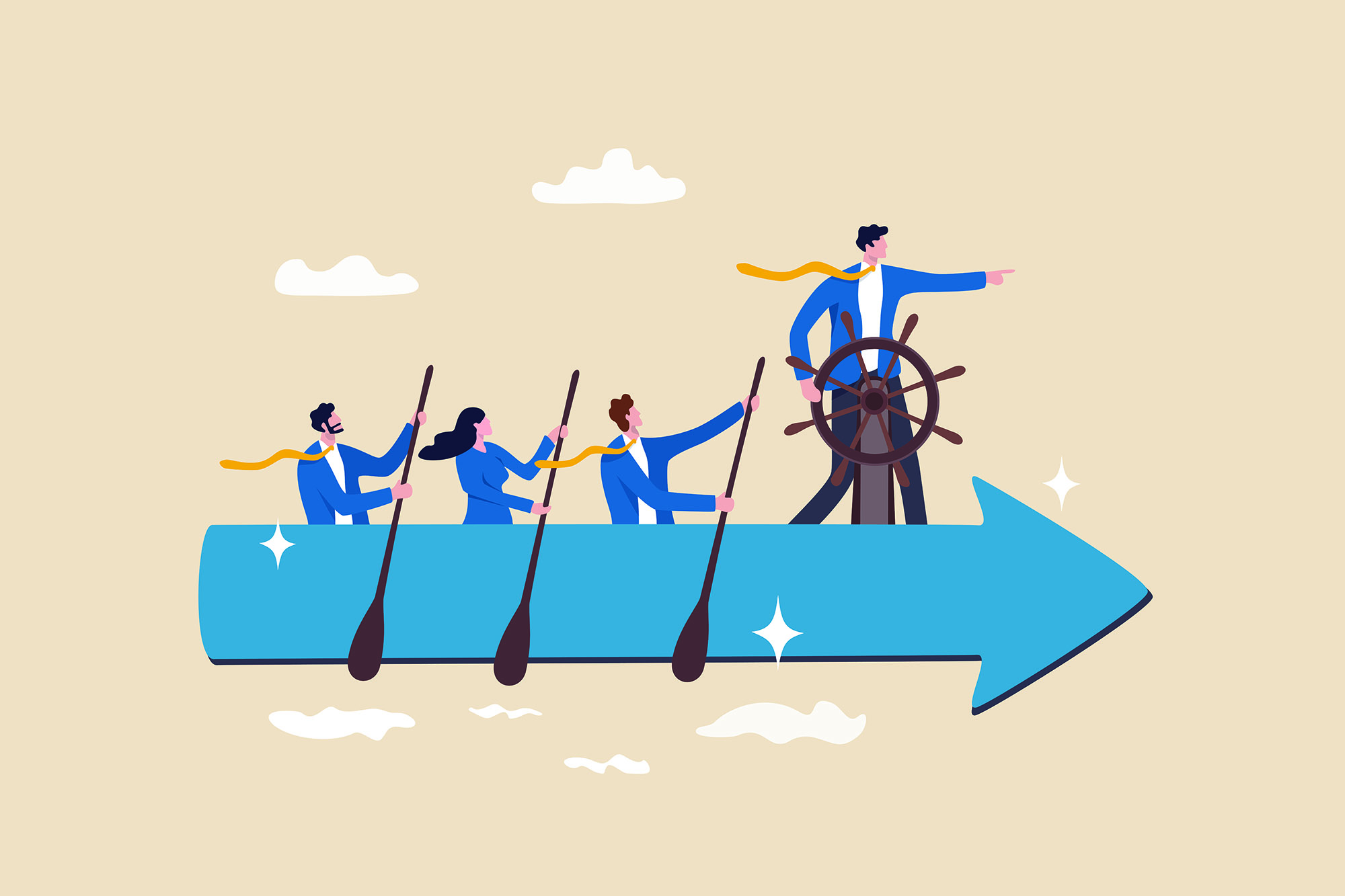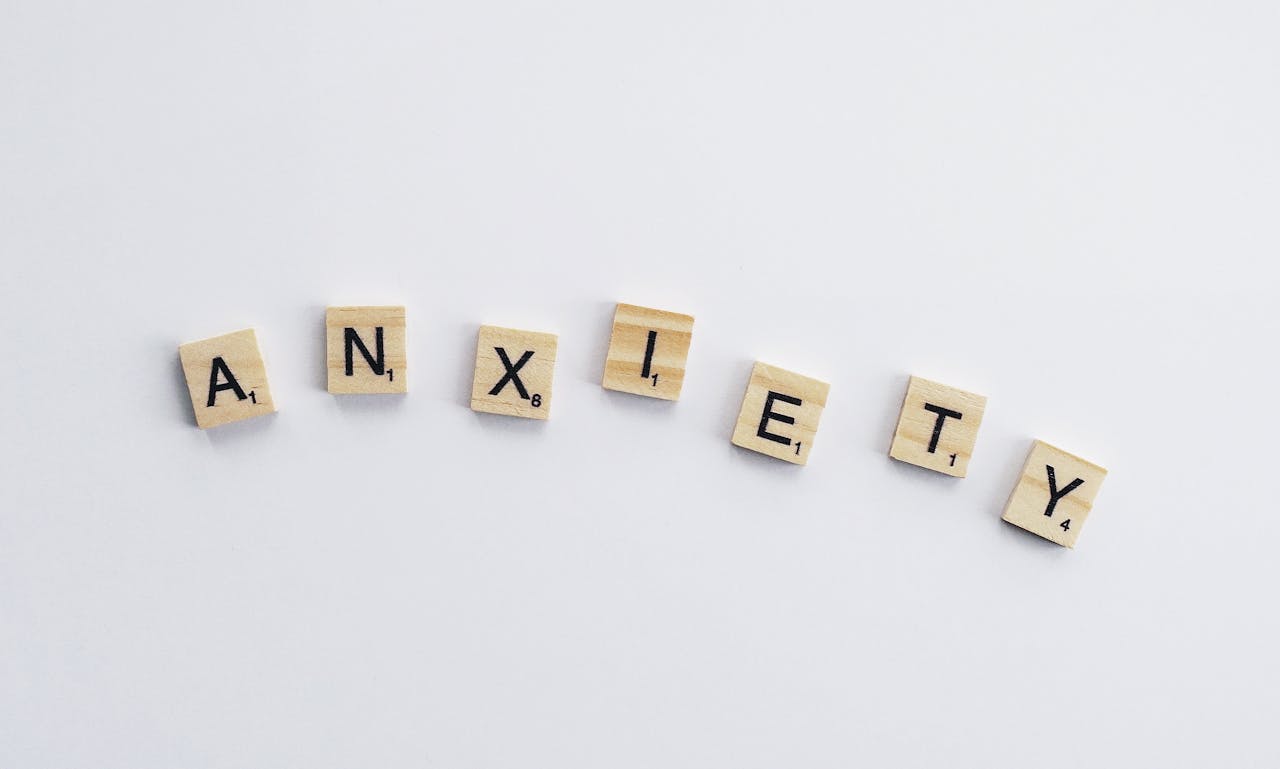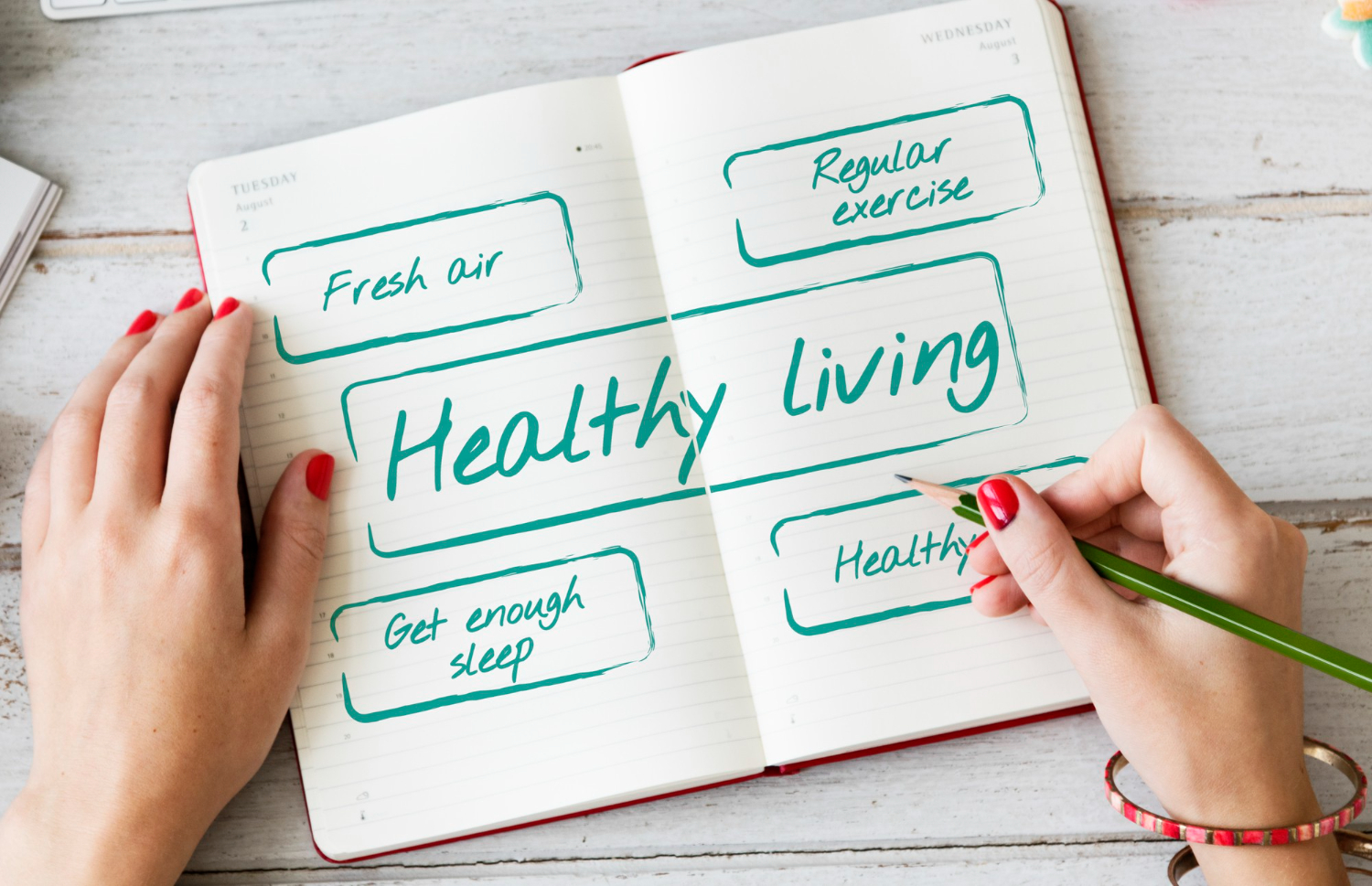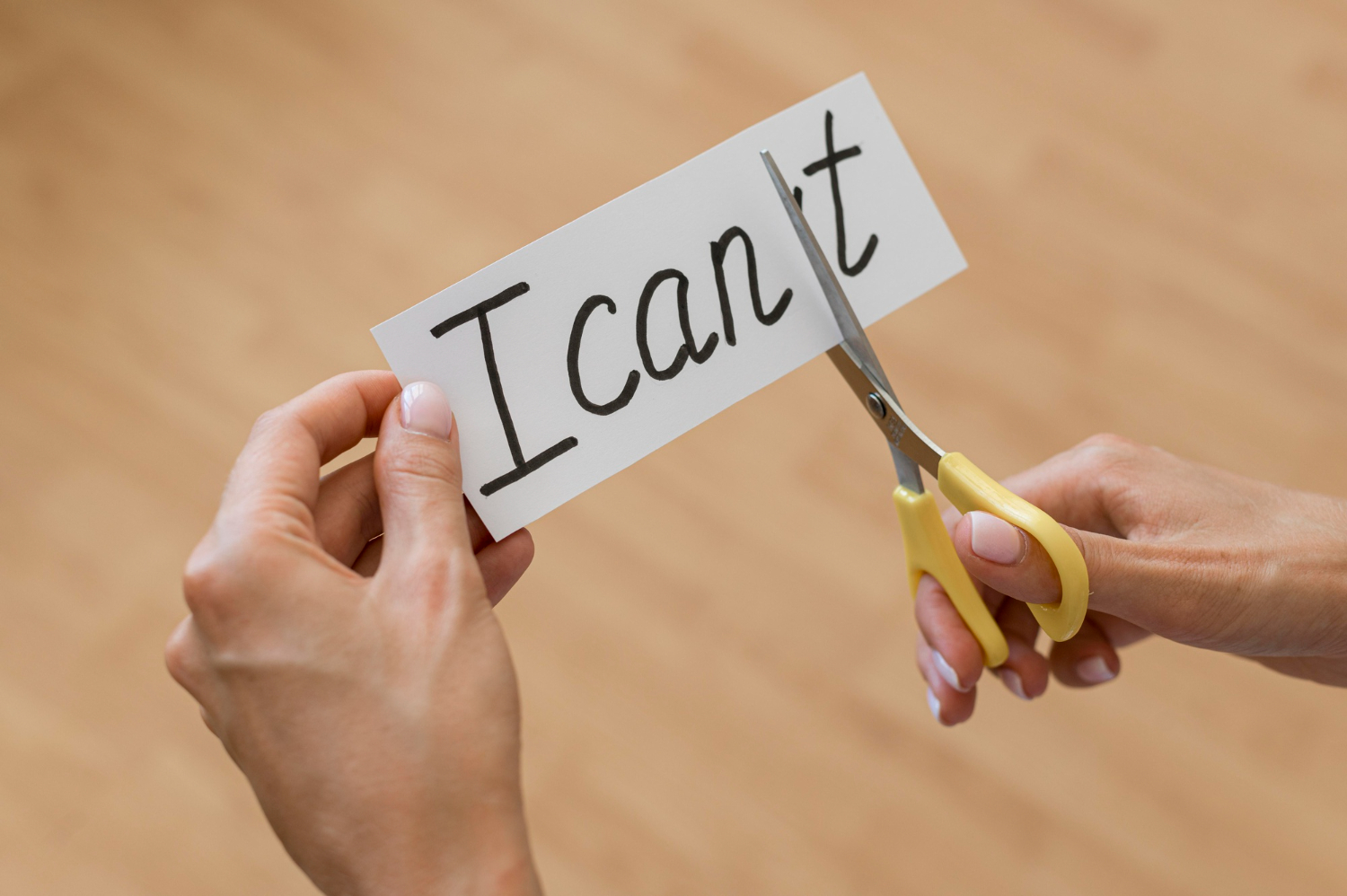Cultivating Mindfulness To Reduce Anxiety At Work and At Home

Most of us know the feeling of being pressured, anxious, or overwhelmed at some point, but one in four of us report having suffered a mental health issue at some point in their lives, according to the World Health Organization.
Since everyone experiences anxiety differently, it can be challenging to pinpoint the precise root of the problem. There are many factors, both extrinsic and intrinsic, that need to be considered.
Anxiety can start from childhood and adolescence and being subjected to stress and trauma has significant effects on your development.
You might discover that, in adulthood, work or relationships might be causing a great deal of your anxiety.
In fact, any changes to your daily life might be a particular trigger for anxiety. And while there has been pushback on treating anxiety as one would with other medical illnesses, studies have shown that suffering from stress and anxiety can cause brain structures to degrade and affect its functioning. Additionally, anxiety disorders might increase your risk for other illnesses like depression, diabetes, heart disease, and substance misuse.
Anxiety is classified into different categories, the most common being social anxiety, also known as social anxiety disorder. It is one of the most prevalent types of anxiety disorders, affecting millions of people around the world. Without therapy, social phobia may last for a lifetime. Before a social function, a person with social anxiety may worry for days or even weeks. They frequently feel uncomfortable, uneasy, and anxious about being judged.
Practicing mindfulness is a great way to relieve ourselves of that feeling of helplessness when we experience anxiety in our day to day lives.
Recognize your anxiety
Framing worry or anxiety as ‘a problem’ that requires a speedy cure might initiate the ‘fight or flight’ cycle, which you may be familiar with. We make ourselves the adversary when we perceive our own distressing feelings as a ‘threat’ to be fought or escaped from. What if we just acknowledged our bad emotions rather than fighting them?
Anchor yourself
Routines are frequently useful treatments for people who have more severe mental health conditions and assist to alleviate general feelings of worry. Our brains receive a signal that we are safe when we repeat the same action at regular intervals. Whatever resonates works as a name for it: routine, ritual, anchor.
Choose Optimism
Imagine a better future. The hardest part of anxiety can be finding the motivation to do anything. Whether it’s going for a run or getting out of bed in the morning, try to connect to the satisfying sensation that will come from taking the action that feels ‘hard.’ The act of merely visualizing success is associated with motivation and goal achievement.
Recent studies have found that ‘self-distancing,’ which is similar to seeking advice from friends or family, is beneficial for mental health. We can briefly step outside of the excruciating, frequently paralyzing experience of anxiety.
Anxiety can be treated in a variety of ways, but it’s important to make sure you’re not using unhealthy coping mechanisms. It’s always best to reach out to professionals and take the necessary steps to becoming a better version of yourself.
- September 2025
- August 2025
- July 2025
- June 2025
- May 2025
- April 2025
- March 2025
- February 2025
- January 2025
- December 2024
- November 2024
- October 2024
- September 2024
- August 2024
- July 2024
- June 2024
- May 2024
- December 2023
- November 2023
- August 2023
- July 2023
- June 2023
- May 2023
- April 2023
- March 2023
- February 2023
- January 2023
- December 2022
- November 2022
- October 2022
- September 2022
- August 2022
- July 2022
- June 2022
- May 2022
- April 2022
- March 2022
- February 2022
- January 2022
- December 2021
- November 2021
- October 2021
- September 2021
- August 2021
- July 2021
- June 2021
- May 2021
- April 2021
- March 2020
- February 2020
- January 2020
- December 2019
- November 2019
- October 2019
- September 2019
- August 2019
- July 2019
- June 2019
- May 2019
- April 2019
- March 2019
- February 2019
- January 2019
- December 2018
- November 2018
- October 2018
- September 2018
- August 2018
- July 2015
- May 2014






